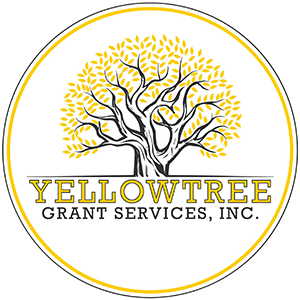Goals, Objectives, Outcomes: The Power Trio for Effective Program Planning
When planning programs and writing grants to secure funding, understanding the difference between goals, objectives, and outcomes is important. Terminology can be confusing, which can lead to a proposal that doesn’t make sense! Let’s clarify these concepts:
Program Goal: A broad statement that describes the long-term expectation of what should happen as a result of your program or project. Goals are general and aspirational.
Example: Improve the quality of life for elderly residents in the community by providing access to age-appropriate fitness classes.
Program Objective: A specific statement outlining what the program aims to achieve within a set timeframe and with available resources. Objectives are concrete, measurable, and time-bound.
Example: Increase the participation rate of elderly residents in fitness classes by 20% within two years.
Program Outcome: The observable and measurable change resulting from the program. Outcomes reflect changes in behavior, knowledge, skills, or conditions.
Example: 80% of program participants will report an increase in their physical activity levels.
Key Differences:
Focus: Goals provide the overall purpose or direction. Objectives are specific targets that contribute to goals. Outcomes are the actual changes observed from the program.
Measurement: Objectives and outcomes are measurable, while goals may not always be quantifiable.
Relationship: Goals set the context for objectives, which lead to achieving outcomes.
Example for an Upskilling Program for Newcomer Entrepreneurs:
Goal: Empower newcomer entrepreneurs to grow their businesses and achieve long-term success.
Objective: Provide 20 hours of business training, help 30 participants develop actionable business plans, and facilitate networking opportunities.
Outcome: 80% of participants will complete the training, develop business plans, and report increased revenue or growth within six months.
Making sure your goals, objectives, and outcomes are clear in your funding applications is key. It helps funders understand your purpose, and see exactly what benefits your project will bring and the impact you will have, making your proposal more convincing and worthy of investment.
